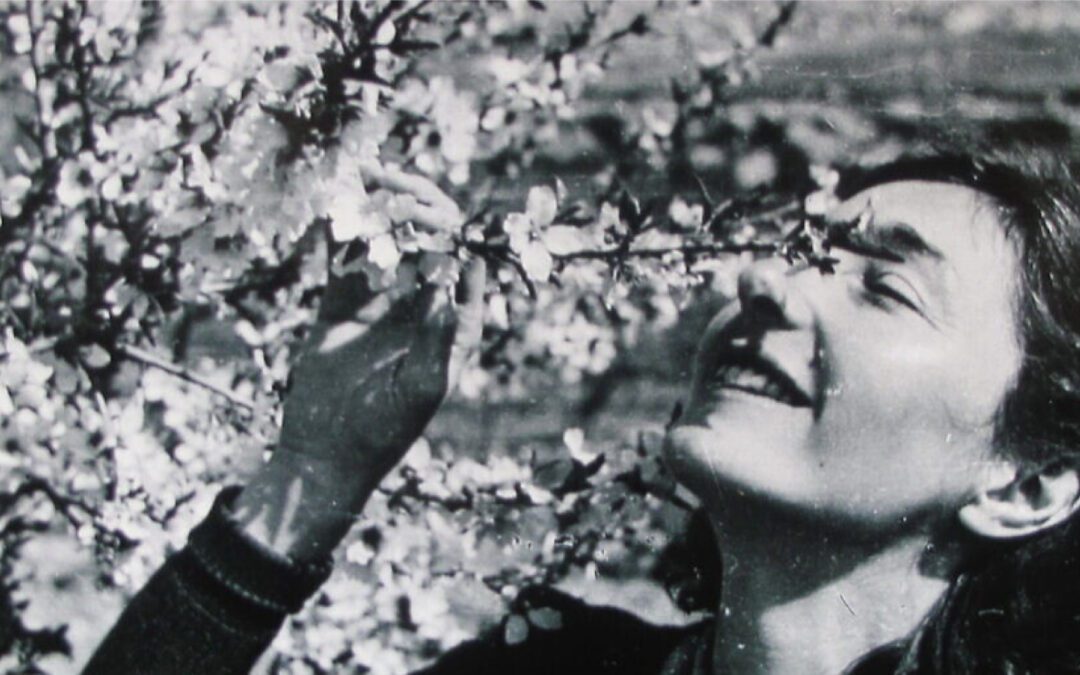Background
Christine Granville was Britain’s first and longest serving female special agent and was said to have been Churchill’s favourite spy. Born Maria Krystyna Janina Skarbek in Warsaw, 1908, she joined Britain’s Special Operations Executive (SOE) after Germany invaded her home country in 1939. Her recruiter described her as “a flaming Polish patriot, expert skier and great adventuress” and she used these skills to perform reconnaissance missions in Nazi-occupied Europe. Her achievements earned her a George Medal, OBE, and the favour of the British Prime Minister Winston Churchill.
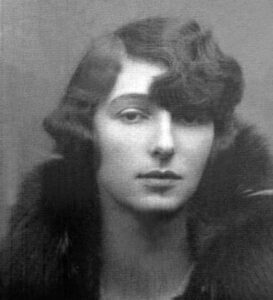
Early Life
Granville’s father was Count Jerzy Skarbek, a Polish aristocrat, while her mother, Stefania Goldfeder, came from a Jewish banking background. After his death in 1930, the family moved to Warsaw when Christine took a job in a salesroom above a garage. Following a short-lived first marriage, Christine met a Polish diplomat, Count Jerzy Giżycki, on the ski slopes. They married in November 1938 and spent their time travelling and socialising.
Upon Poland being invaded, Christine and her husband travelled to London where she organised a meeting with George Taylor, the head of the Secret Intelligence Service (M16). Christine proposed to travel to neutral Hungary, ski over the border into Poland and gather as much intelligence as possible, as well as volunteers to help.
Between 1939 and 1940, Christine made numerous journeys smuggling money, arms, and explosives in and intelligence out of Nazi-occupied Poland.
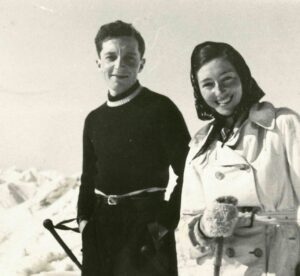
Most famous operations
Granville is most famous for her mission to cross the snow-covered Polish border on skis in minus 30-degree weather and successfully smuggle microfilm containing plans of Hitler’s USSR invasion plans in her gloves.
On her very first mission to Budapest, in January 1941, she was arrested by the Gestapo with then lover, Andrzej Kowerski, a Polish army officer and agent. After two days’ interrogation, Christine bit her tongue to appear as if she was coughing up blood. A chest X-ray revealed lung scarring from the exhaust fumes from the garage where she had worked 15 years earlier, and she and Kowerski were immediately released as likely TB sufferers.
To aid in their escape, they were given British Passports and new names. It is here Krystyna became Christine Granville, the name she formally adopted after becoming a naturalised British subject in 1949.
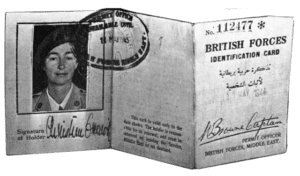
In Memory
From this point on her usual address was the Shellbourne Hotel, 1/3 Lexham Gardens, in Kensington, where she had a regular room on the first floor. The hotel – which comprised two large and quite grand houses, built in the 1870s – was run by the Polish Relief Society to provide cheap accommodation for émigrés.
Despite her war record she was unable to find settled employment and drifted through a string of short-lived menial jobs before taking work as a stewardess on cruise ships. On one voyage she had a brief affair with another steward, Dennis Muldowney, who became obsessed with her. After she rejected him, he stalked her.
On 15 June 1952 Granville returned to the Shellbourne to find Muldowney waiting there, and he stabbed her to death in the hallway. He was hanged ten weeks later. Granville was buried in the Roman Catholic cemetery at Kensal Green on 21st June.
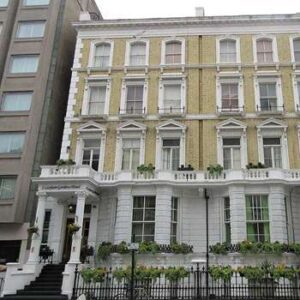
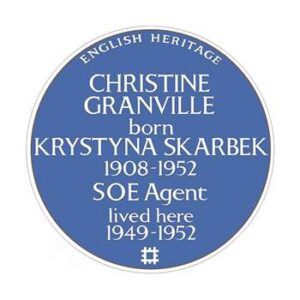
Bibliography:
References from English Heritage

